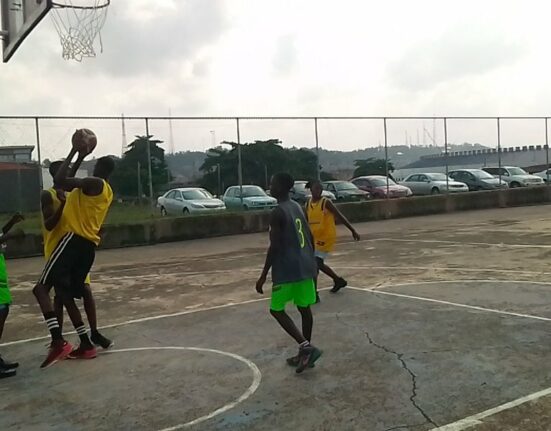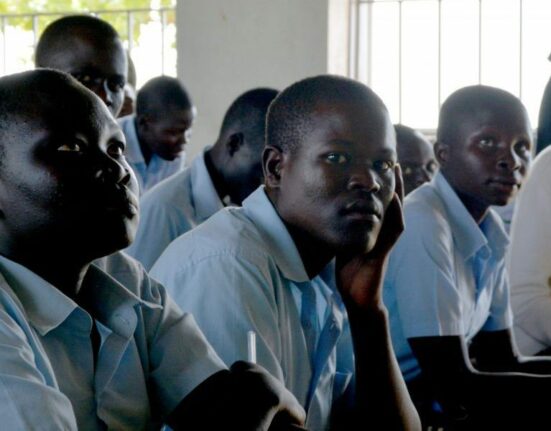Recent violence in Israel and Gaza, marked by hostages, sieges, and indiscriminate mass killings, has deeply affected global observers. Hamas gunmen’s intrusion into Israel resulted in the tragic death of 1,200 Israelis, predominantly civilians, and the taking of approximately 150 hostages within a span of six days—an unprecedented and alarming attack.
In response, Israel launched a relentless offensive against Hamas, conducting thousands of strikes that led to the destruction of numerous buildings and entire city blocks. The toll on Gaza has been severe, with over 1,200 Palestinians losing their lives.
Legal experts caution that both sides may face accusations of committing war crimes. The definitions of “war crimes” and “crimes against humanity” were established in the 1998 Rome Statute, which instituted the International Criminal Court (ICC). War crimes involve serious violations of international law against civilians and combatants during armed conflict, covering various scenarios like killing, torture, rape, and hostage-taking. Deliberate attacks on civilian populations not deemed “military objectives” are also considered war crimes.
“Crimes against humanity” encompass widespread or systematic attacks directed at any civilian population, including acts such as murder, extermination, enslavement, and forced transfer. Evaluating the recent Hamas attack, experts argue that widespread hostage-taking and violence aimed at spreading terror among civilians potentially qualify as war crimes and crimes against humanity.
Regarding Israel’s response, the imposition of a complete siege on the Gaza Strip, depriving its inhabitants of essential supplies, raises concerns of potential war crimes. International law mandates parties in a conflict to allow rapid and unimpeded humanitarian relief, emphasizing the prohibition of starvation as a method of warfare.
The International Criminal Court (ICC) has initiated a formal investigation into the Palestinian territories, encompassing alleged crimes by both Israeli forces and Hamas. Israel, not a member of the ICC, has refused to recognize its jurisdiction or cooperate with the probe. The ICC prosecutor’s stronger statements urging compliance with the laws of war and prosecution for violations are sought by legal experts.
Complications arise due to the conflict’s definition as “national” or “international” and the status of the Palestinian territories, particularly Gaza. The question of whether Gaza is occupied, determining the conflict’s nature, remains a significant legal challenge yet to be resolved.






